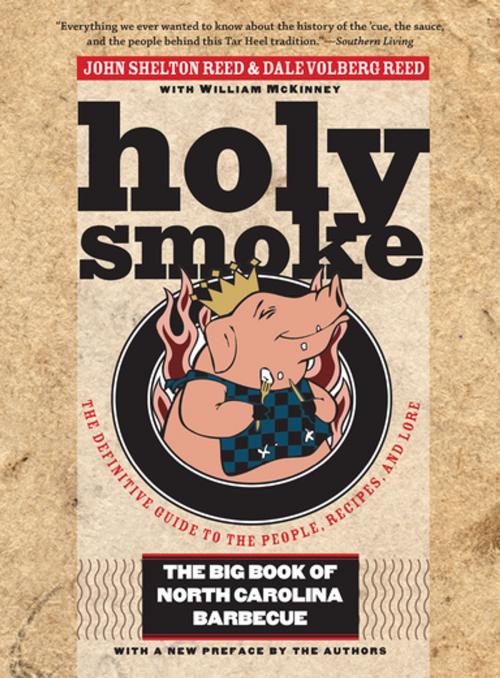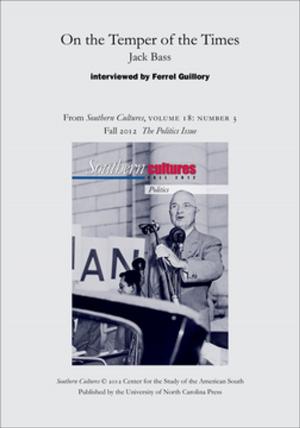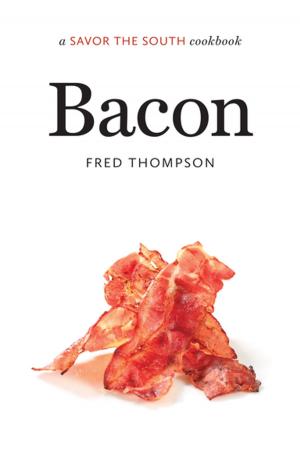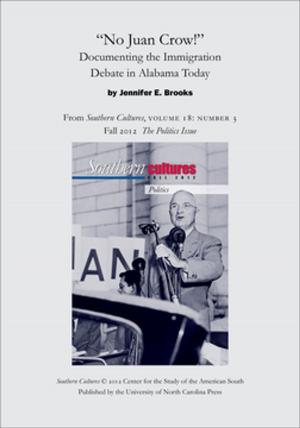Holy Smoke
The Big Book of North Carolina Barbecue
Nonfiction, Food & Drink, Appliances, International, USA| Author: | John Shelton Reed, Dale Volberg Reed | ISBN: | 9781469629674 |
| Publisher: | The University of North Carolina Press | Publication: | June 30, 2016 |
| Imprint: | The University of North Carolina Press | Language: | English |
| Author: | John Shelton Reed, Dale Volberg Reed |
| ISBN: | 9781469629674 |
| Publisher: | The University of North Carolina Press |
| Publication: | June 30, 2016 |
| Imprint: | The University of North Carolina Press |
| Language: | English |
North Carolina is home to the longest continuous barbecue tradition on the North American mainland. Now available for the first time in paperback, Holy Smoke is a passionate exploration of the lore, recipes, traditions, and people who have helped shape North Carolina's signature slow-food dish. A new preface by the authors examines the latest news, good and bad, from the world of Tar Heel barbecue, and their updated guide to relevant writing, films, and websites is an essential. They trace the origins of North Carolina 'cue and the emergence of the heated rivalry between Eastern and Piedmont styles. They provide detailed instructions for cooking barbecue at home, along with recipes for the traditional array of side dishes that should accompany it. The final section of the book presents some of the people who cook barbecue for a living, recording firsthand what experts say about the past and future of North Carolina barbecue. Filled with historic and contemporary photographs showing centuries of North Carolina's "barbeculture," as the authors call it, Holy Smoke is one of a kind, offering a comprehensive exploration of the Tar Heel barbecue tradition.
North Carolina is home to the longest continuous barbecue tradition on the North American mainland. Now available for the first time in paperback, Holy Smoke is a passionate exploration of the lore, recipes, traditions, and people who have helped shape North Carolina's signature slow-food dish. A new preface by the authors examines the latest news, good and bad, from the world of Tar Heel barbecue, and their updated guide to relevant writing, films, and websites is an essential. They trace the origins of North Carolina 'cue and the emergence of the heated rivalry between Eastern and Piedmont styles. They provide detailed instructions for cooking barbecue at home, along with recipes for the traditional array of side dishes that should accompany it. The final section of the book presents some of the people who cook barbecue for a living, recording firsthand what experts say about the past and future of North Carolina barbecue. Filled with historic and contemporary photographs showing centuries of North Carolina's "barbeculture," as the authors call it, Holy Smoke is one of a kind, offering a comprehensive exploration of the Tar Heel barbecue tradition.















